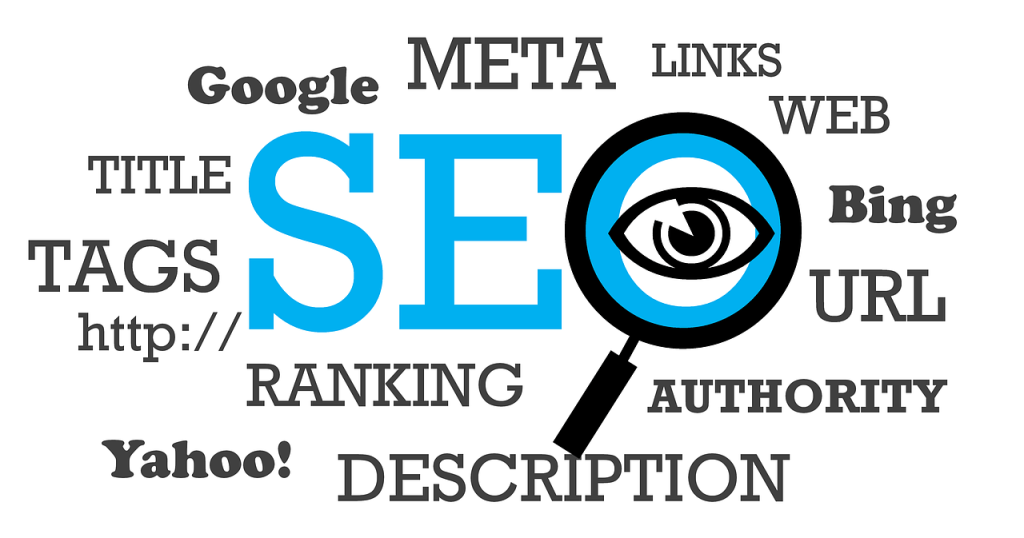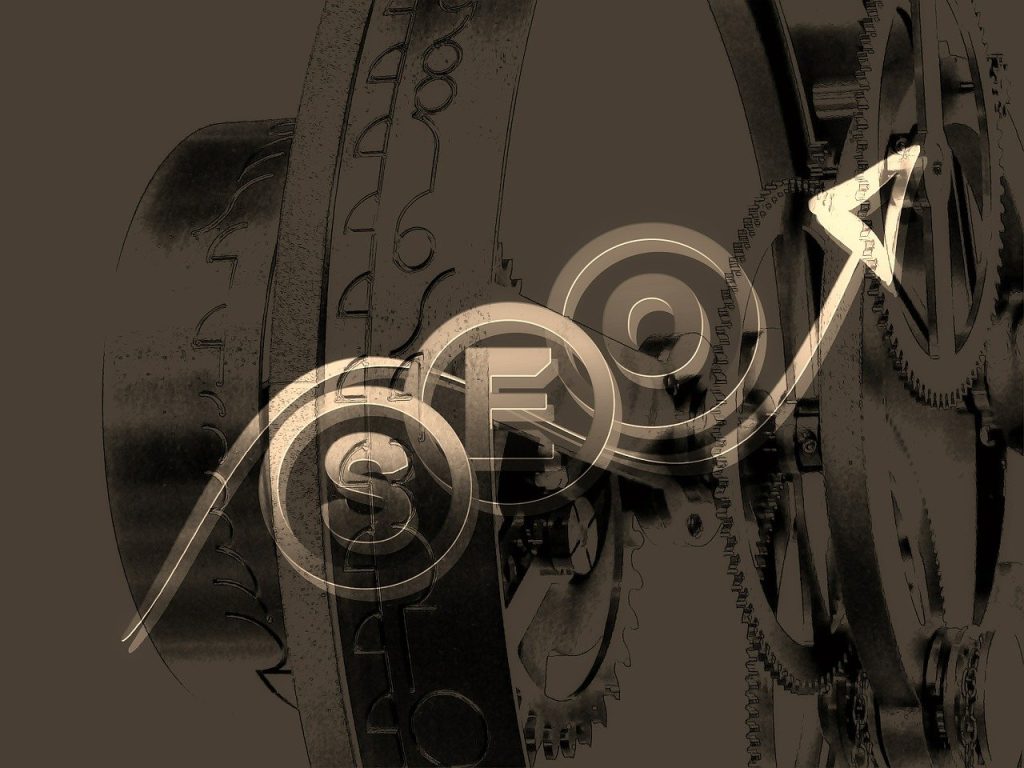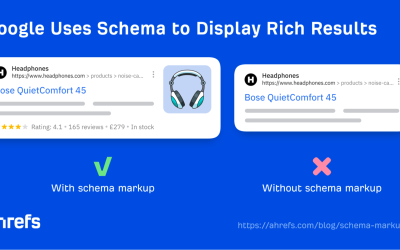Table of Contents
You’re browsing the internet, looking for information, and you’ve probably noticed that when you type a query into a search engine, you get a mix of results. Some appear to match your search perfectly while others seem like advertisements.
Ever wondered why? Well, let’s clarify that for you. Essentially, there are two types of search results: organic and paid. Organic results are the ones that come up naturally based on their relevance to your search keywords, whereas paid results are advertisements that businesses pay for to appear prominently on the search engine results page.
In this article, we’ll dig deeper into the difference between organic and paid search results and help you understand how they affect your online experience.

Definition of Organic Search Results
Explanation of organic search results
Organic search results refer to the listings on a search engine results page that appear naturally, based on their relevance to the user’s search query. These results are not influenced by any payment or advertising. They are determined solely by the search engine’s algorithm, which ranks web pages based on various factors such as relevance, quality, and authority.
How search engines determine organic search rankings
Search engines determine organic search rankings through complex algorithms that consider multiple factors. Some of these factors include keyword relevance, website authority, user experience, and the overall quality of the webpage’s content. By analyzing these factors, search engines strive to provide the most relevant and helpful results to users.
Definition of Paid Search Results
Explanation of paid search results
Paid search results, also known as sponsored listings or search engine advertising, are the listings that appear at the top or side of the search engine results page. These results are labeled as ads and are typically displayed based on a pay-per-click (PPC) model. Advertisers bid on specific keywords and pay when their ads are clicked by users.
How paid search rankings are determined
Paid search rankings are determined by a combination of bid amount and quality score. Advertisers compete against each other by bidding on keywords relevant to their products or services. The higher the bid, the more likely their ad will be displayed. However, search engines also consider the quality of the ad, landing page experience, and click-through rates in determining the ad’s rank.
Common platforms for paid search advertising
There are several popular platforms for paid search advertising, with the two most prominent being Google Ads and Bing Ads. These platforms provide advertisers with the tools to create and manage their paid search campaigns, allowing them to target specific demographics, locations, and keywords. Other platforms, such as social media networks like Facebook and Instagram, also offer paid search options.
Visibility
Visibility in organic search results
In organic search results, visibility is achieved by optimizing the website’s content and adhering to search engine optimization (SEO) best practices. By creating high-quality, relevant, and authoritative content, websites have a better chance of ranking higher in search results and thus gaining more visibility to potential users. However, it takes time and effort to improve organic visibility, as it relies on factors like website age, domain authority, and backlink profiles.
Visibility in paid search results
Paid search results offer immediate visibility to advertisers. By bidding on relevant keywords, advertisers can have their ads displayed prominently on the search engine results page, ensuring enhanced visibility to users searching for products or services related to their business. Advertisers can also leverage targeting options on the advertising platforms to further increase visibility to their desired audience.
Cost
Cost of organic search results
Organic search results do not come with a direct financial cost. However, they require investments in time, resources, and expertise to optimize the website and create high-quality content that aligns with search engine ranking factors. This includes conducting keyword research, implementing SEO tactics, and continuously monitoring and improving the website’s performance. While organic search results may not have a direct monetary cost, the resources needed to achieve success should not be underestimated.
Cost of paid search results
Paid search results, on the other hand, come with a direct financial cost. Advertisers need to allocate a budget for their paid search campaigns and bid on keywords accordingly. The cost per click (CPC) can vary depending on the competitiveness of the keywords and the industry. Advertisers also need to consider other costs such as ad creation, landing page development, and ongoing campaign management. The advantage of paid search is the ability to control and adjust the budget based on performance and objectives.

Traffic
Traffic from organic search results
Organic search results can generate significant traffic to a website if it ranks highly for relevant search queries. Users trust organic results more than paid ads, resulting in higher click-through rates. However, organic traffic is subject to fluctuations and competition, as other websites may also be vying for top rankings. It is crucial to maintain a strong organic presence and continually optimize the website to attract and retain organic traffic.
Traffic from paid search results
Paid search results can drive immediate and targeted traffic to a website. By bidding on relevant keywords, advertisers ensure that their ads are displayed to users actively searching for specific products or services. The advantage of paid search traffic is its controllability and predictability. Advertisers can adjust their targeting, bidding strategies, and ad content to optimize the traffic generated from paid search campaigns.
Click-Through Rates (CTR)
CTR in organic search results
Click-through rates (CTR) in organic search results can vary widely depending on the ranking position and the attractiveness of the search snippet. Websites that appear at the top of the organic results often have higher CTRs compared to those appearing lower down. Optimizing meta titles, meta descriptions, and page content can help improve the click-through rates by making the search snippet more compelling and relevant to the users’ query.
CTR in paid search results
Click-through rates in paid search results also depend on factors like ad position, ad copy, and relevance to the user’s search query. Advertisers strive to create engaging ad copy and choose relevant landing pages to increase the likelihood of users clicking on their ads. However, getting a high CTR does not guarantee conversions. Advertisers need to ensure that the ad content matches the user’s intent to maximize the chances of converting paid clicks into meaningful actions.
Factors affecting CTR
Several factors can influence CTR in both organic and paid search results. Some common factors include the quality and relevance of the search snippet or ad copy, the positioning of the result on the page, the presence of rich snippets or ad extensions, and the user’s perception of the website or brand. By optimizing these factors, advertisers and website owners can attract more clicks and increase their chances of achieving their desired goals.

Targeting and Keywords
Targeting in organic search results
In organic search results, targeting primarily relies on optimizing the website’s content and structure to align with relevant keywords and user intent. By conducting keyword research and implementing SEO strategies, website owners can ensure their pages are optimized for specific search queries. Targeting in organic search results also involves creating valuable content that caters to the needs and interests of the target audience, making the website more likely to appear in search engine results for relevant queries.
Targeting in paid search results
Paid search results offer advanced targeting options to advertisers. Advertisers can specify demographics, locations, devices, and even specific times of the day to display their ads. By carefully selecting keywords and creating targeted ad campaigns, advertisers can reach their desired audience effectively. Targeting in paid search results enables advertisers to tailor their messaging and offers to specific user segments, enhancing the chances of conversion.
Importance of keywords in both
Keywords play a vital role in both organic and paid search results. In organic search, keywords help search engines understand the content on a webpage, matching it with relevant user queries. By optimizing their content for specific keywords, website owners can increase their chances of showing up in search results. In paid search, advertisers bid on keywords to have their ads shown to users searching for those terms. Choosing the right keywords is crucial in both cases to ensure visibility and relevance to the intended audience.
Long-Term Sustainability
Sustainability of organic search results
Organic search results have the potential for long-term sustainability. By consistently producing high-quality content, optimizing websites for search engine ranking factors, and building a strong backlink profile, website owners can establish their authority and relevance over time. However, organic rankings can be affected by algorithm updates, changes in user behavior, and competitors’ efforts. It is essential to continually monitor and adapt to maintain sustainability in organic search results.
Sustainability of paid search results
Paid search results offer immediate visibility and can be sustained as long as advertisers allocate a budget for their campaigns. However, the sustainability of paid search results relies on various factors. Effective keyword targeting, well-crafted ad copy, and continuous monitoring and optimization are essential for maintaining sustainable paid search campaigns. Advertisers need to ensure that the return on investment (ROI) from paid search justifies the ongoing costs to keep the campaigns sustainable.
Authority and Trust
Authority and trust play a significant role in organic search results. Establishing a strong online presence, creating valuable and informative content, and gaining backlinks from reputable websites can help build authority in the eyes of search engines and users. Consistently delivering high-quality content that meets users’ needs and earning positive reviews or testimonials can contribute to building trust, both with search engines and the target audience.
While paid search results do not rely on authority or trust in the same way as organic search, building credibility is still important. Advertisers can enhance trust in paid search results by delivering on their promises, providing a seamless user experience on their landing pages, and leveraging customer reviews or social proof. Building authority and trust in paid search is crucial for increasing click-through rates, boosting conversions, and establishing a positive brand reputation.
User Perception
User perception of organic search results
Users generally perceive organic search results as more trustworthy and credible compared to paid results. Organic results are seen as the merit-based outcome of search engine algorithms, implying that they are more likely to provide unbiased and relevant information. Users often rely on organic search results to find authoritative sources, make informed decisions, and solve their problems. The perceived trustworthiness of organic results can lead to higher click-through rates and more engaged users.
User perception of paid search results
While users may perceive paid search results as potentially biased or driven by advertising, they still have value and relevance. Paid search results can provide users with targeted ads and offers that fulfill their specific needs or preferences. However, users may approach paid results with a dose of skepticism and closely evaluate the relevance and credibility of the advertised content before clicking. Advertisers should strive to provide valuable and transparent information in their paid search campaigns to positively influence user perception.
In conclusion, the difference between organic and paid search results lies in their origin, visibility, cost, traffic generation, click-through rates, targeting approaches, long-term sustainability, authority and trust-building, and user perception. While both have their merits, a comprehensive digital marketing strategy often entails leveraging both organic and paid search to maximize visibility, reach the target audience, and achieve consistent results.














